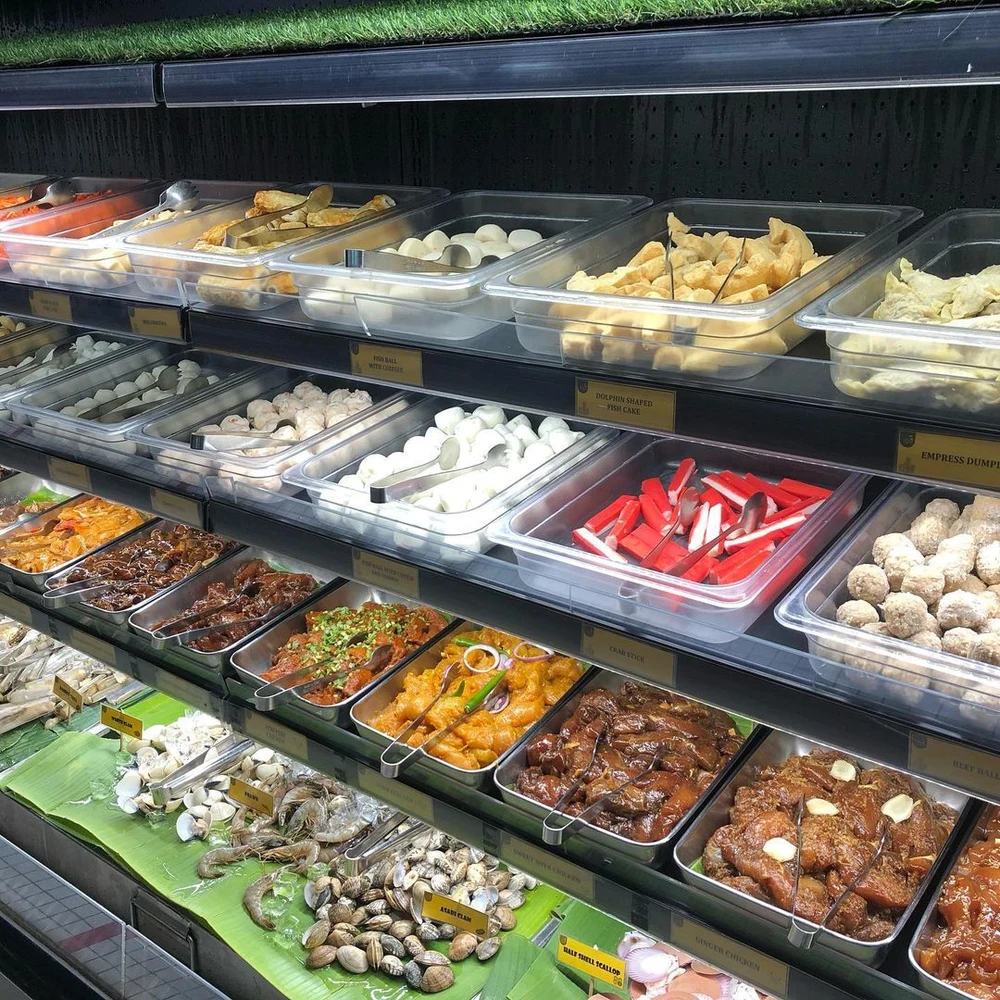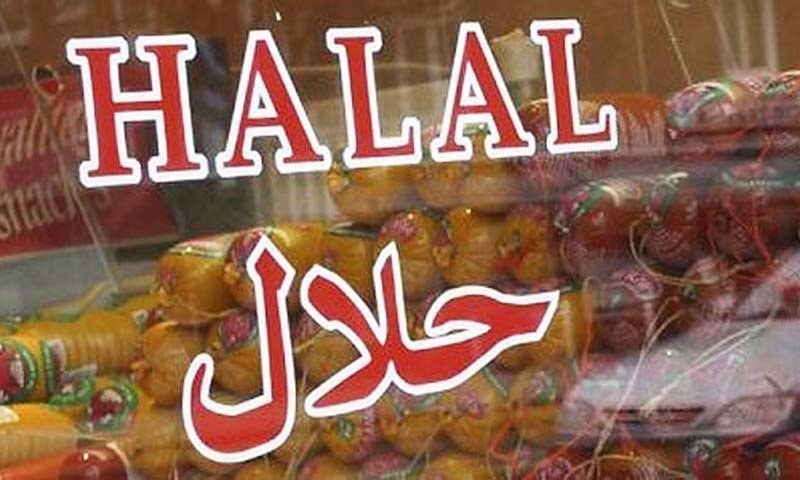The term halal is derived from the Quran and the Sunnah (the teachings and practices of Prophet Muhammad). It stands in stark contrast to haram foods that are halal, which signifies forbidden or unlawful. While often associated with dietary laws, particularly meat, the concept of halal extends to all aspects of a Muslim’s life, including business, finance, and daily conduct, emphasizing fairness, social justice, and humane treatment.

When it comes to food, the core principles of halal are clear:
- Absence of Haram Ingredients: Any food or beverage that contains components explicitly prohibited in Islam is considered haram. The most commonly known haram items include:
- Pork and its by-products: This includes any part of a pig, such as bacon, ham, lard, gelatin (unless derived from a halal source), and pepsin.
- Alcohol and intoxicants: All forms of alcohol, including those used in food flavorings or cooking, are forbidden.
- Blood and blood by-products: Consumption of blood, such as in blood sausage, is prohibited.
- Meat from animals not slaughtered according to Islamic law (Dhabihah): This is a crucial aspect and will be discussed in detail.
- Carnivorous animals and birds of prey: Animals with fangs or talons, like lions, tigers, eagles, and hawks, are generally considered haram.
- Certain reptiles and insects: Most reptiles and insects are forbidden, with the notable exception of locusts by some schools of thought.
- Animals that died of natural causes (carrion): Meat from animals that were not slaughtered according to Islamic rites is haram.
- Food sacrificed to idols: Food prepared for or offered to deities other than Allah is forbidden.
- Cleanliness and Purity (Tayyib): Beyond merely being permissible, halal foods are also encouraged to be tayyib, meaning good, clean, wholesome, and safe for consumption. This concept extends to the entire food chain, from sourcing and processing to storage and preparation. It implies high standards of hygiene, ethical animal treatment, and avoidance of harmful additives.
- Proper Slaughter (Dhabihah): For meat to be considered halal, the animal must be slaughtered according to specific Islamic rites known as Dhabihah. This method emphasizes minimizing the animal’s suffering and ensures the meat is clean and fit for consumption. Key aspects of Dhabihah include:
- The animal must be healthy and alive at the time of slaughter.
- The slaughter must be performed by a sane adult Muslim.
- The name of Allah (Bismillah, Allahu Akbar) must be invoked before each slaughter.
- A sharp knife must be used to make a swift, deep incision across the front of the throat, cutting the esophagus, trachea, and jugular veins, but not severing the spinal cord. This allows for rapid bleeding and minimizes pain.
- The blood must be completely drained from the carcass.
- Stunning is permissible only if it’s necessary to calm a violent animal and does not lead to the animal’s death before the incision.
- The animal’s head should be aligned with the Qiblah (direction of prayer).
- Prevention of Cross-Contamination: Halal foods must not come into contact with haram substances at any stage of production, processing, or storage. This means dedicated equipment, storage facilities, and adherence to strict hygiene protocols are essential.
Common Halal Foods
The vast majority of halal foods, provided they are not contaminated with haram ingredients. This includes:

- Fruits and Vegetables: All fresh, frozen, or canned fruits and vegetables are halal.
- Grains and Legumes: Rice, wheat, beans, lentils, and other grains are universally halal.
- Dairy Products: Milk and dairy products from halal animals (e.g., cows, goats, sheep) are permissible, provided they do not contain haram additives like non-halal rennet or gelatin.
- Eggs: Eggs from halal animals (e.g., chickens) are halal.
- Fish and Seafood: Most Islamic schools of thought consider all fish and seafood to be halal, with some minor variations regarding certain aquatic animals.
- Halal Meats: Beef, lamb, goat, chicken, turkey, venison, and rabbit are halal if slaughtered according to Dhabihah.
- Honey: Pure honey is halal.
- Water and Non-Alcoholic Beverages: Most non-alcoholic drinks are halal, but careful attention must be paid to ingredients to ensure no hidden alcohol or haram additives.
- Processed Foods (with certification): Many processed foods like bread, cereals, snacks, and condiments can be halal if their ingredients and production methods comply with Islamic law and are certified.
The Significance of Halal Certification
Given the complexities of modern food production and supply chains, halal certification has become indispensable for Muslim consumers. A halal certification is a formal recognition by a credible Islamic organization that a food product, its ingredients, and its entire production process (from sourcing raw materials to packaging and storage) comply with Islamic dietary laws.
The benefits of halal certification are numerous:
- Consumer Confidence: It provides assurance to Muslim consumers that the products they consume meet their religious obligations.
- Traceability and Transparency: Certification ensures thorough vetting of ingredients and processes, enhancing traceability throughout the supply chain.
- Market Access: For businesses, halal certification opens doors to the vast global halal market, enabling them to cater to the dietary needs of Muslim populations worldwide.
- Quality and Safety: Halal standards often align with stringent quality and hygiene requirements, appealing to a broader range of health-conscious consumers.
The certification process typically involves an initial inquiry, application, product review, facility audit, and ongoing monitoring to ensure continuous compliance.
The Booming Global Halal Food Market
The global halal food market is a rapidly expanding sector, driven by a growing Muslim population, increasing awareness of halal principles, and a rising demand for ethically sourced and healthy food options. Forecasts project the market to reach US$. trillion by , demonstrating a significant compound annual growth rate.
This growth isn’t limited to Muslim-majority countries. Non-Muslim consumers are also increasingly drawn to halal products due to their perceived health benefits, emphasis on ethical animal treatment, and freedom from harmful additives. This global appeal has led to greater availability of halal-certified products in mainstream supermarkets and restaurants in diverse regions, including Europe and North America.
Key trends shaping the halal food industry include:
- Rising Muslim Middle Class: Increased purchasing power among Muslims fuels demand for premium halal products.
- Health and Wellness Awareness: Halal foods are often associated with cleanliness, quality, and natural ingredients, aligning with global health trends.
- Standardization of Certification: The development of uniform halal standards facilitates international trade and boosts consumer confidence.
- E-commerce Proliferation: Online platforms are making halal products more accessible to a wider audience.
- Multiculturalism and Globalization: As societies become more diverse, the demand for culturally and religiously appropriate food options grows.



